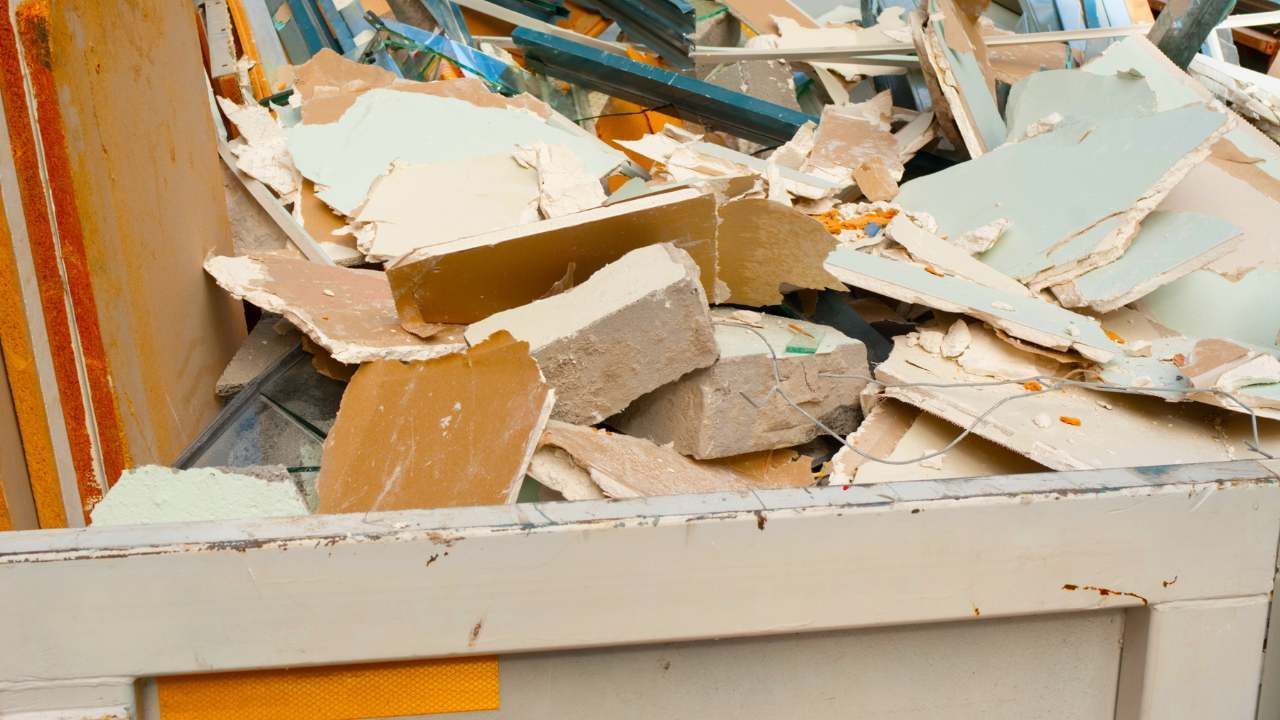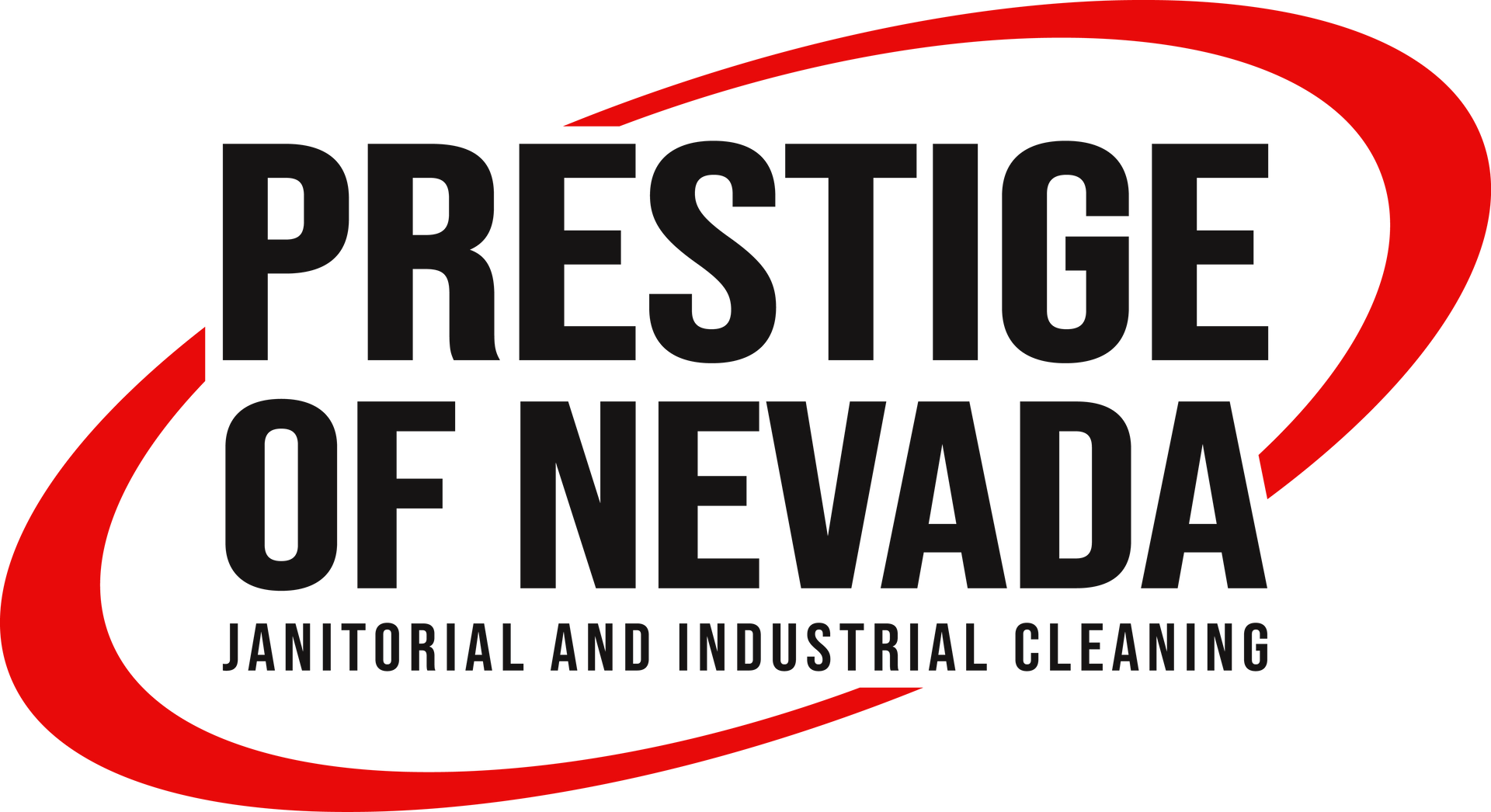Construction Debris Disposal: What You Can and Can’t Throw Away

When a construction project wraps up, the last thing anyone wants to face is a mountain of leftover debris. Yet, proper disposal is more than just a final step — it’s crucial for safety, compliance, and environmental responsibility. Whether you’re handling a small remodel or a large commercial build, understanding what you can and can’t toss out saves time, money, and potential fines.
In this guide, we’ll cover the essentials of responsible construction debris disposal — from acceptable materials to prohibited waste — and explain how commercial construction cleaning specialists like Prestige Building Maintenance of Nevada, LLC simplify the process for contractors and property owners alike.
What You Can Throw Away
Construction waste isn’t always complicated, but it does require some sorting. Generally, non-hazardous, inert materials are safe for disposal or recycling.
Here’s what you can typically include:
- Wood and lumber scraps – untreated pieces can often be recycled or used as mulch.
- Metal – steel, aluminum, and copper are valuable recyclables that shouldn’t end up in a landfill.
- Concrete and bricks – many disposal sites crush these into aggregate for future use.
- Drywall – in small amounts, gypsum board can be recycled, though it must be kept dry.
- Glass and ceramics – if not contaminated by paint or hazardous substances, these can go to recycling centers.
- Plastic and packaging – many plastics from wrapping or containers are recyclable when sorted properly.
Efficient cleanup means separating materials early in the project. Smart contractors place labeled bins or dumpsters on-site to avoid confusion and make recycling easier.
What You Can’t Throw Away
Not everything from a construction site is fair game for the dumpster. Certain materials are restricted due to their toxicity, flammability, or environmental impact.
Here’s what to keep out of standard disposal bins:
- Paints, stains, and solvents – these often contain harmful chemicals that require special handling.
- Asbestos and insulation – old buildings may contain asbestos, which needs certified removal specialists.
- Batteries and electronics – these items contain metals and chemicals that contaminate soil and water.
- Fuel, oil, and grease – hazardous liquids must go to specialized disposal facilities.
- Pressure-treated wood – its chemical preservatives are not suitable for landfills or recycling.
Improper disposal can lead to fines or legal penalties — not to mention environmental harm. Always verify local regulations before dumping or hauling away restricted materials.
Why Hire Professional Cleaning Contractors
Managing waste from a large build is no small feat. That’s where cleaning contractors play an essential role. They not only handle sorting and disposal but also ensure the site is left spotless, safe, and ready for occupancy.
Professional cleaning teams are trained to identify recyclable versus hazardous materials. They coordinate with approved disposal facilities and recycling centers to make sure every material ends up where it should. For large-scale projects, partnering with an experienced service provider like Prestige Building Maintenance of Nevada, LLC can help streamline cleanup while maintaining compliance with state and federal waste management laws.
Case Study: A Smooth Clean-Up in Reno
A mid-sized construction firm in Reno recently finished a three-story office build. Instead of managing waste themselves, they partnered with a local cleaning company specializing in post-construction cleanup. The result? The site was cleared, cleaned, and turned over two days ahead of schedule. The crew recycled 60% of the debris — concrete, metal, and wood — cutting landfill costs significantly while maintaining compliance.
Final Thoughts
Proper construction debris disposal isn’t just about following rules — it’s about protecting people, the environment, and your bottom line. With the right approach and professional help, cleanup becomes a seamless part of the build process rather than a stressful afterthought.
If you’re planning a new project or managing post-construction waste, reach out to experts who can handle every detail efficiently and responsibly.


